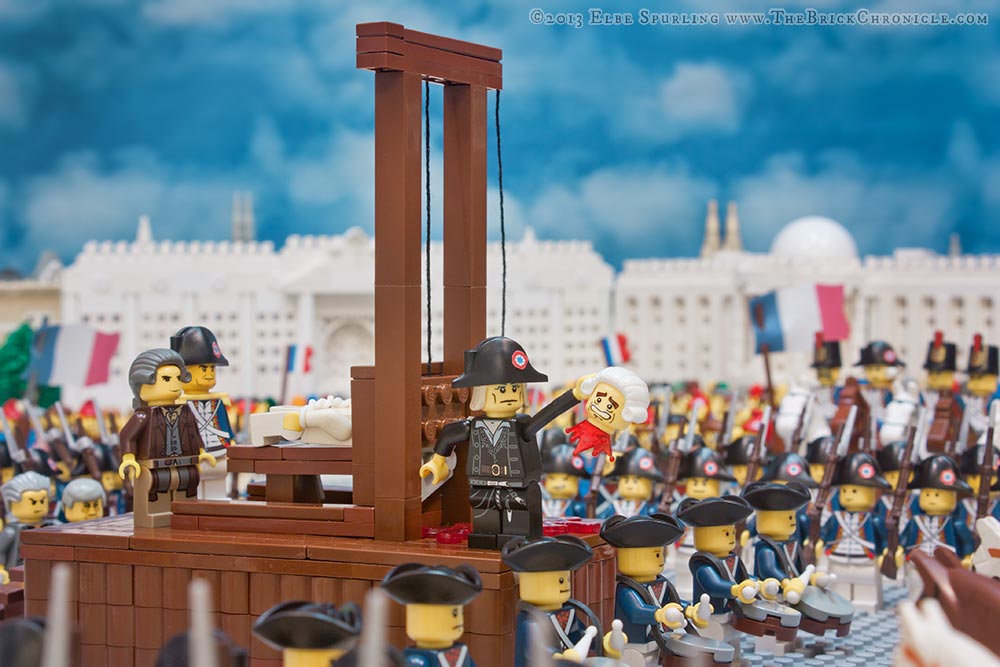- Joined
- Jan 17, 2010
- Messages
- 9,763
- Reaction score
- 12,391
Phillip Inman
France, Germany and Austria are especially hard hit, as British factory owners cut jobs and investment
Europe’s manufacturers suffered a slump in demand last month with “no sign of a recovery”, as UK factory owners also reported a slowdown in orders.
Manufacturers across the eurozone reported a decline in demand for their goods in November, with France, Germany and Austria especially hard hit, according to the S&P Global purchasing managers’ index (PMI).
The eurozone PMI fell to 45.2 last month, down from 46 in October, while in France the PMI slumped to 43.1, falling from 44.5 in October. A figure below 50 marks a period of contraction.

In the UK, factory owners cut jobs and investment in November as output fell for the first time in seven months.
The UK PMI dropped to a nine-month low of 48 in November, from 49.9 in October and below a flash estimate of 48.6 posted last month.
In a further blow to Rachel Reeves’s aspiration for more robust economic growth, UK manufacturers said exports and domestic order books were down amid a deterioration in the outlook for the sector.
The index showed that Brexit border checks continued to hit exports, while Reeves’s poorly received first budget as chancellor undermined investment intentions. New orders fell at the fastest pace since February, S&P Global added.

In the eurozone, Germany recorded the fastest drop in output, Italy’s factory sector shrank at the fastest rate in a year, while France recorded the steepest contraction in 10 months.
Dr Cyrus de la Rubia, the chief economist at Hamburg Commercial Bank, said: “These numbers look terrible. It’s like the eurozone’s manufacturing recession is never going to end. As new orders fell fast and at an accelerated pace, there’s no sign of a recovery any time soon.”
Analysts said the situation in the UK was proving difficult for factories as difficulties abroad, including holdups in US ports and supply blockages in the Middle East were made worse by the prospect of increased staffing costs in Labour’s first budget.
Reeves, who has put a rejuvenation of economic growth at the top of her agenda, raised employer national insurance and increased the national minimum wage above the rate of inflation from next April, heaping further costs on manufacturers at a challenging time for the sector, analysts said.

Rob Dobson, a director at S&P Global Market Intelligence, said a combination of the conflict in the Middle East, port disruptions and extra border regulation had forced up the cost of components and raw materials.
“With recent budget announcements on labour costs and employer national insurance likely to raise costs further in 2025, and geopolitical tensions heating up notably around the threat of increased global protectionism, manufacturers are left facing an environment of high costs, low demand and raised uncertainty for the foreseeable future,” he said.
Chris Barlow, the head of manufacturing at the accountants MHA, the UK arm of Baker Tilly international, said the PMI suggested “the sector is facing a near perfect storm of challenges ranging from the fallout of the budget, a weakened economic outlook for the UK and EU for 2025 and a new US administration introducing potentially damaging new tariffs.”
The CBI and Institute of Directors said at the weekend that business confidence had declined after the budget.
Dobson said the climate for exports remained bleak, as weaker demand from the US, China and the EU led to a further drop in new business.
Brexit delays at UK ports have hit smaller businesses especially hard. Many businesses that operate on the continent have told UK clients that the difficulties of complying with new rules have forced them to seek similar manufactured goods from inside the eurozone.

In France, as the country faces political turmoil, the 22nd month of decline in November was blamed on lower levels of new work from clients in domestic and international markets.
German factory owners, who said they were also struggling to win orders within the eurozone, also reported that domestic political uncertainty after the collapse of the coalition led by the SPD’s Olaf Scholz was another factor to hit business confidence in November.
https://www.theguardian.com/business/2024/dec/02/eurozone-manufacturing-recovery-uk-orders
France, Germany and Austria are especially hard hit, as British factory owners cut jobs and investment
Europe’s manufacturers suffered a slump in demand last month with “no sign of a recovery”, as UK factory owners also reported a slowdown in orders.
Manufacturers across the eurozone reported a decline in demand for their goods in November, with France, Germany and Austria especially hard hit, according to the S&P Global purchasing managers’ index (PMI).
The eurozone PMI fell to 45.2 last month, down from 46 in October, while in France the PMI slumped to 43.1, falling from 44.5 in October. A figure below 50 marks a period of contraction.

In the UK, factory owners cut jobs and investment in November as output fell for the first time in seven months.
The UK PMI dropped to a nine-month low of 48 in November, from 49.9 in October and below a flash estimate of 48.6 posted last month.
In a further blow to Rachel Reeves’s aspiration for more robust economic growth, UK manufacturers said exports and domestic order books were down amid a deterioration in the outlook for the sector.
The index showed that Brexit border checks continued to hit exports, while Reeves’s poorly received first budget as chancellor undermined investment intentions. New orders fell at the fastest pace since February, S&P Global added.

In the eurozone, Germany recorded the fastest drop in output, Italy’s factory sector shrank at the fastest rate in a year, while France recorded the steepest contraction in 10 months.
Dr Cyrus de la Rubia, the chief economist at Hamburg Commercial Bank, said: “These numbers look terrible. It’s like the eurozone’s manufacturing recession is never going to end. As new orders fell fast and at an accelerated pace, there’s no sign of a recovery any time soon.”
Analysts said the situation in the UK was proving difficult for factories as difficulties abroad, including holdups in US ports and supply blockages in the Middle East were made worse by the prospect of increased staffing costs in Labour’s first budget.
Reeves, who has put a rejuvenation of economic growth at the top of her agenda, raised employer national insurance and increased the national minimum wage above the rate of inflation from next April, heaping further costs on manufacturers at a challenging time for the sector, analysts said.

Rob Dobson, a director at S&P Global Market Intelligence, said a combination of the conflict in the Middle East, port disruptions and extra border regulation had forced up the cost of components and raw materials.
“With recent budget announcements on labour costs and employer national insurance likely to raise costs further in 2025, and geopolitical tensions heating up notably around the threat of increased global protectionism, manufacturers are left facing an environment of high costs, low demand and raised uncertainty for the foreseeable future,” he said.
Chris Barlow, the head of manufacturing at the accountants MHA, the UK arm of Baker Tilly international, said the PMI suggested “the sector is facing a near perfect storm of challenges ranging from the fallout of the budget, a weakened economic outlook for the UK and EU for 2025 and a new US administration introducing potentially damaging new tariffs.”
The CBI and Institute of Directors said at the weekend that business confidence had declined after the budget.
Dobson said the climate for exports remained bleak, as weaker demand from the US, China and the EU led to a further drop in new business.
Brexit delays at UK ports have hit smaller businesses especially hard. Many businesses that operate on the continent have told UK clients that the difficulties of complying with new rules have forced them to seek similar manufactured goods from inside the eurozone.

In France, as the country faces political turmoil, the 22nd month of decline in November was blamed on lower levels of new work from clients in domestic and international markets.
German factory owners, who said they were also struggling to win orders within the eurozone, also reported that domestic political uncertainty after the collapse of the coalition led by the SPD’s Olaf Scholz was another factor to hit business confidence in November.
https://www.theguardian.com/business/2024/dec/02/eurozone-manufacturing-recovery-uk-orders



